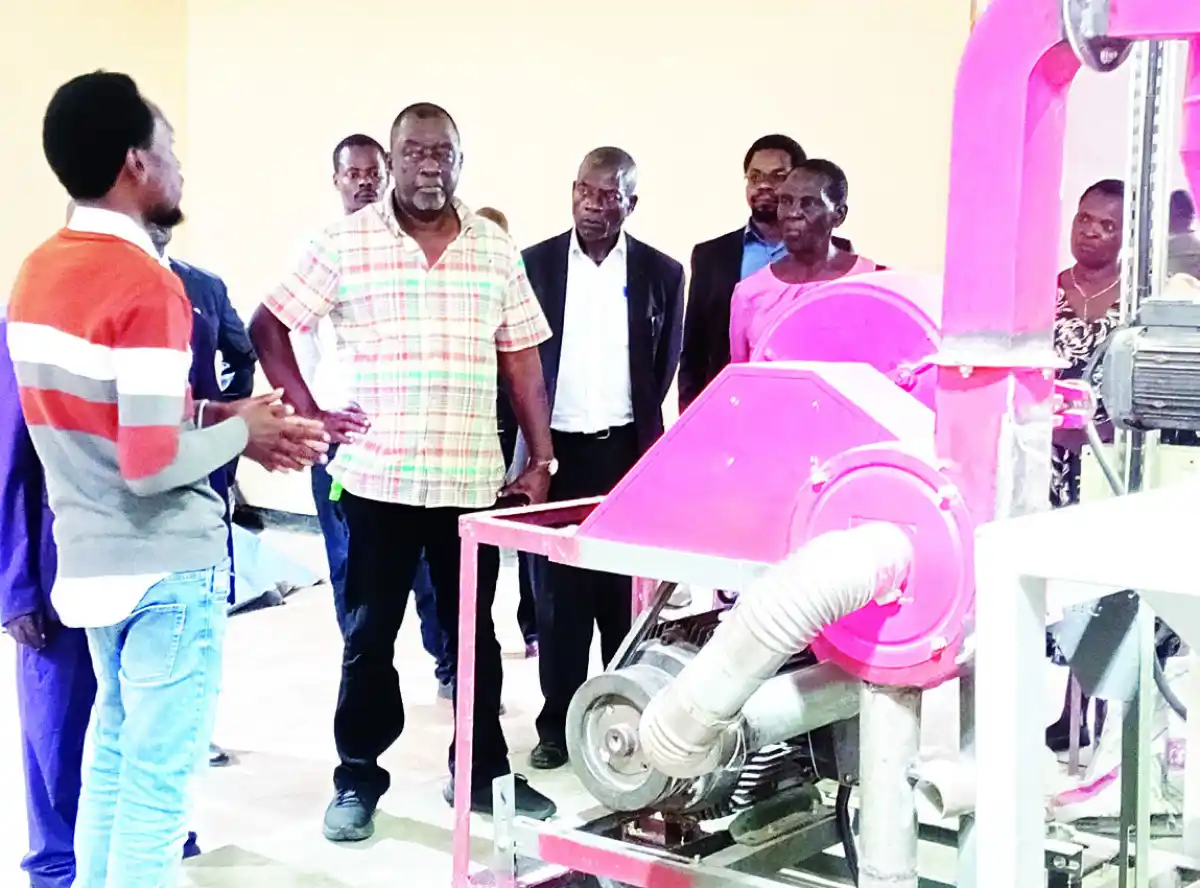
By Pemphero Malimba :
Innovative Fish Farmers Network Trust (IFFNT) has formed a cooperative which seeks to increase production of fingerlings in the country.
This comes at a time the country has a demand of 15 million fingerlings annually against the current production of six million fingerlings.
Among other things, the cooperative consists of 20 fish hatchery operators from across the country.
This was revealed during a two-day workshop on improvement of fingerlings production and enhanced use of improved fish feeds in Malawi, which brought together fish hatchery operators from across the country, on Thursday in Lilongwe.
The event also saw the farmers appreciating a greenhouse fish hatchery and fish feed factory at Mpingu in the city.
IFFNT Chairperson Lucky Penemulungu said the trust was optimistic that the move would help stakeholders to meet the demand for fingerlings in the country.
“The cooperative will help to produce more quality fingerlings so that we should tackle the demand for fish in the country.
This will help the country to stop importing fish,” Penemulungu said.
He said, over the years, low supply of fish in the country had been draining forex reserves.
“There is a lot of forex that is being used to import fish from other countries like Zambia, Zimbabwe, Mozambique and as far as China. So, once we start producing adequate fish in the country, there will be no need to import fish and drain forex reserves,” he said.
United Kingdom Aid funded programme, Commercial Agriculture for Small holders and Agribusiness Country Manager Innocent Thindwa said the institution supported the workshop to facilitate increased fish production in the country.
“If this sector remains disorganised, it will still remain a constraint for us to raise the production of fish. As such, we need to help these people to organise themselves so that they can synchronise their marketing processes,” Thindwa said.
Department of Fisheries Deputy Director Chris Nyasa said the coming in of the cooperative was crucial as it complemented the government’s efforts to increase fish production in the country.
“Coming up with an idea of a cooperative is a welcome idea because it is also going to ensure that all key inputs in the industry—for example, fingerlings—are made readily available and at the same time be of good quality,” Nyasa said.
He said the government was implementing several initiatives to increase fish production from 14 metric tonnes to 100 metric tonnes by 2030.








0 Comments